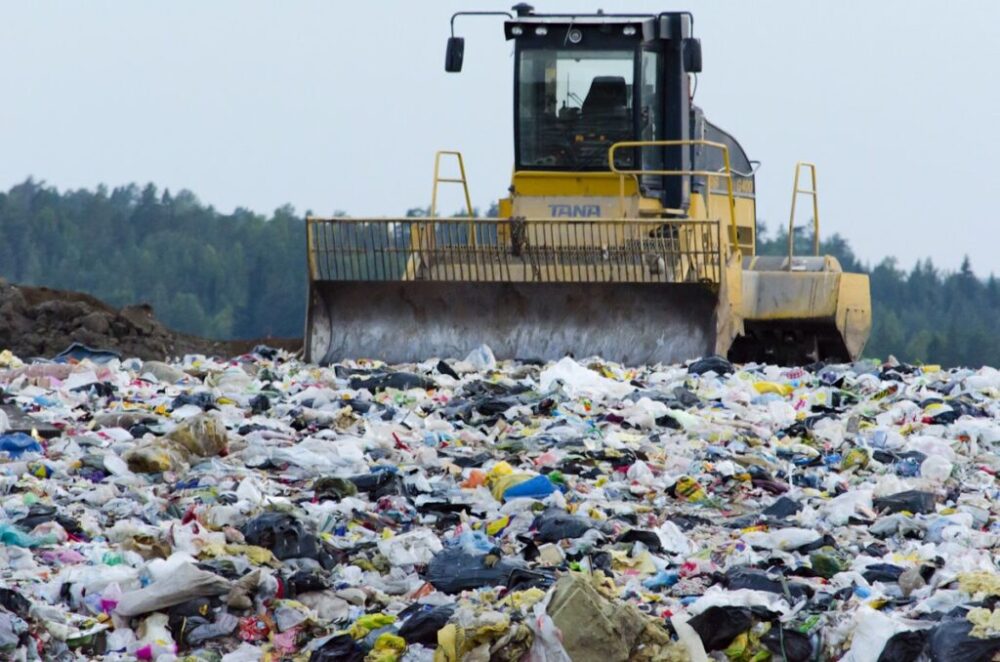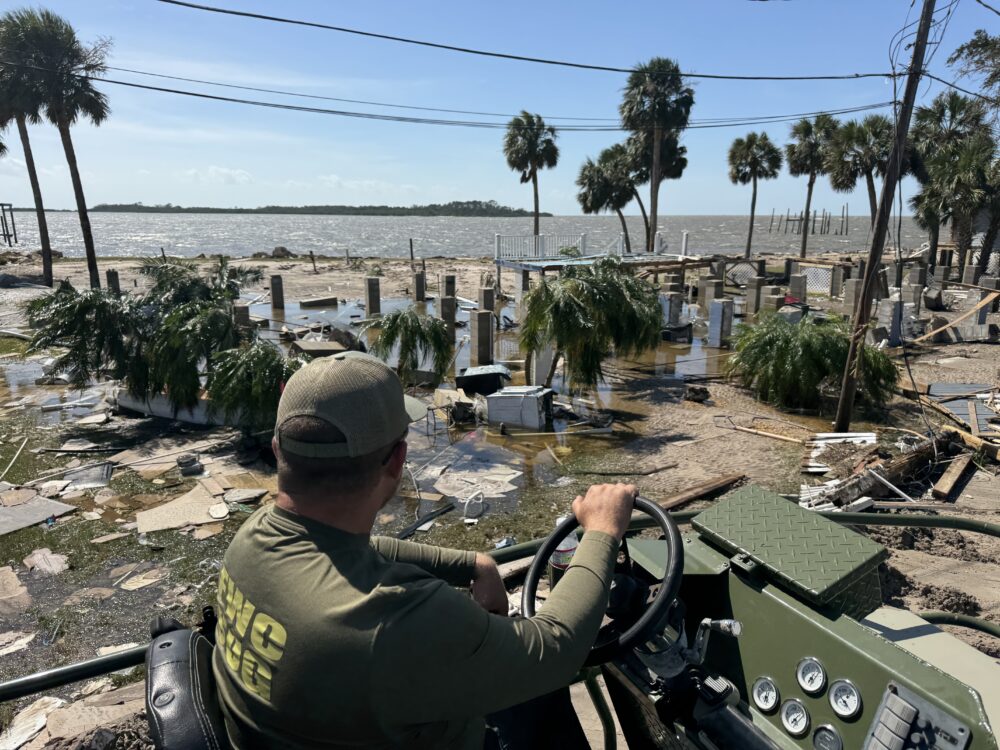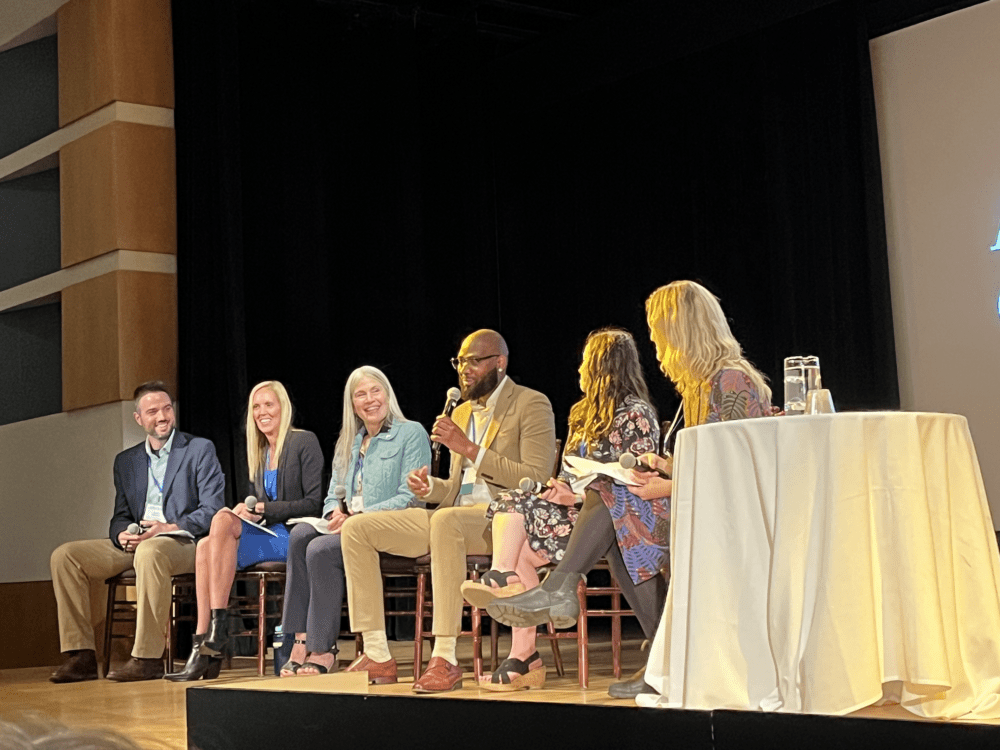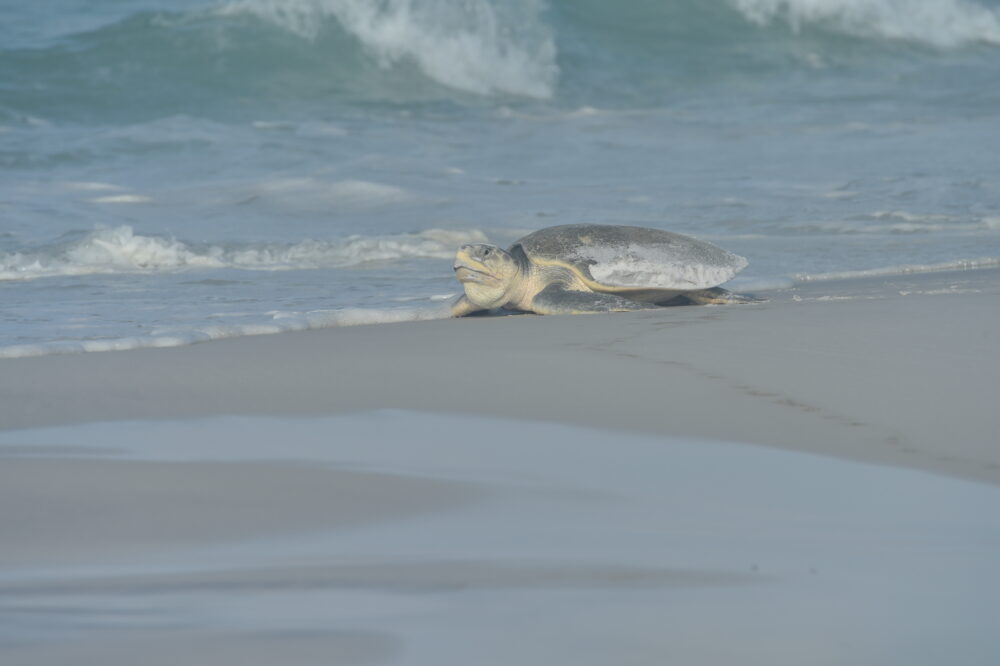We have much more to do and your continued support is needed now more than ever.
Black Officials Steward Community Solutions to Environmental Injustices
Martin Luther King III, Dr. Karen Weaver Shine Spotlight on Water Quality, Extreme Flooding in South Carolina
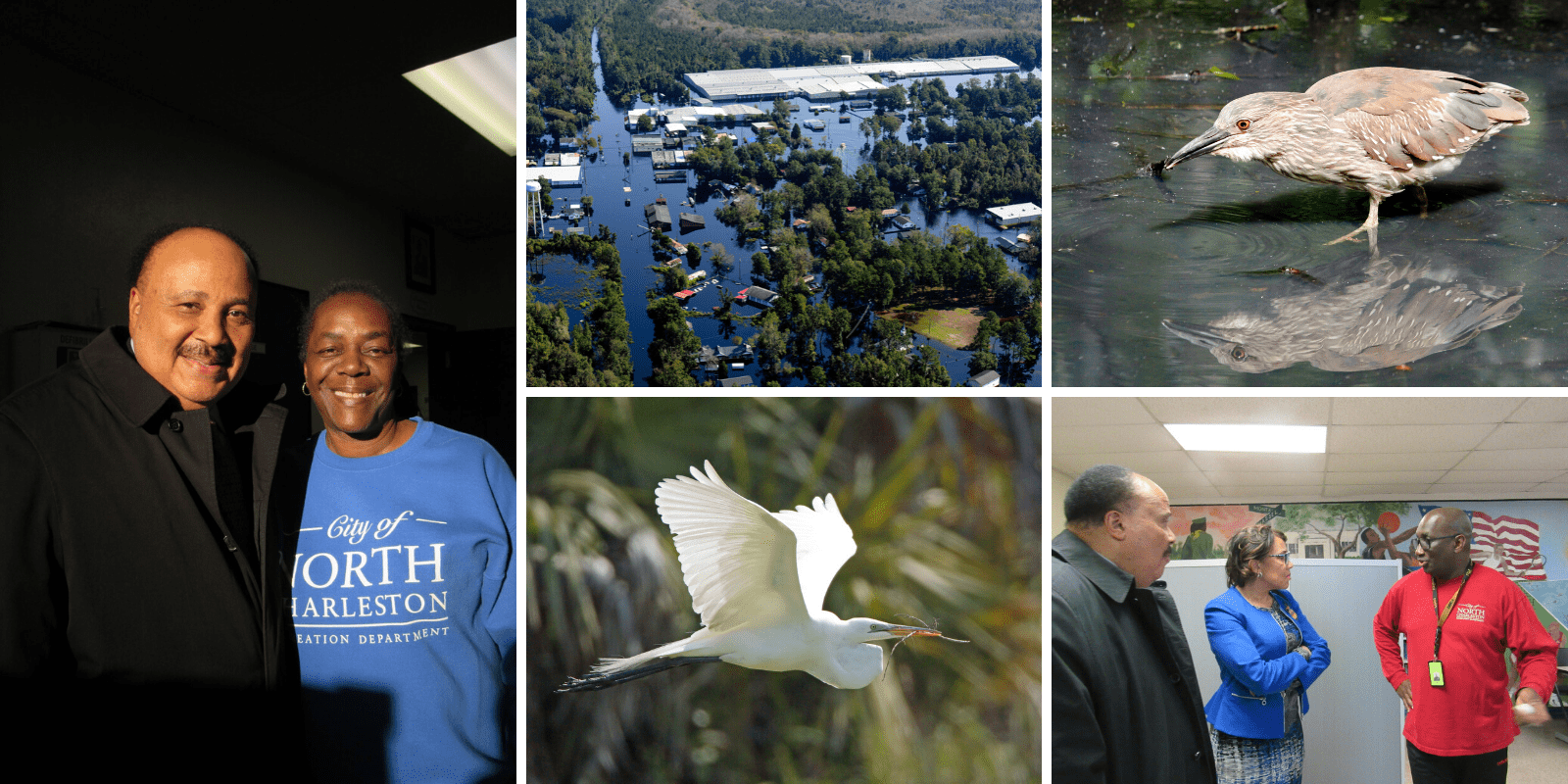
For many South Carolinians, the conservation of wildlife and regional waterways complements the ongoing fight for clean drinking water and flood mitigation. Extreme flooding threatens the health and safety of communities like North Charleston, South Carolina and pollutes the state’s prized rivers and coasts. As natural solutions to flooding promise both mitigation of life-threatening floods and restoration of wildlife habitat, the urgency of federal investment in these types of infrastructure is clear to many living in Lowcountry.
In partnership with leading local, state, and national organizations, civil rights leader Martin Luther King III and former Flint, Michigan mayor, Dr. Karen Weaver, toured North Charleston and Charleston to highlight how severe flooding and poor water quality disportionately impacted people of color and low-income South Carolinians.

Water is a Human Right
The eldest son of Rev. Dr. Martin Luther King Jr. and Coretta Scott King, Martin Luther King III is a believer in the power of community stewardship, which he considers continuing his parent’s legacy of building up people and striving for eliminating poverty.
With an emphasis on water as a human right, King’s presence during the three-day tour and series of events galvanized energy and attention on environmental justice issues. Over 450 water stewards, elected officials, civil rights, non-profit and faith community leaders, as well as representatives from law enforcement, public health, and local and federal government agencies, shared their expertise on the tour.
Small municipal mayors discussed the need for new ways to fund local water and sewage infrastructure that do not center exclusively on the rate payer or financially-challenged and small municipalities; and participants provided insight to the racial and economic implications of continued current practices and how they would perpetuate existing inequities.
King and Weaver’s visit illuminated a vital truth: climate justice must inform infrastructure improvements in cities and towns across the country. When communities emphasize climate justice outcomes, thanks to local leaders and elected officials’ commitment to build strong and effective environmental community efforts, these projects help protect and restore our water and infrastructure as climate change impacts centers of high-population density. Local leaders must remain vigilant about chemicals that impair drinking water, like PFAS and lead, which are transmitted by pipes and aged infrastructure and have long-term impacts on both the health of children and survival of cherished species.
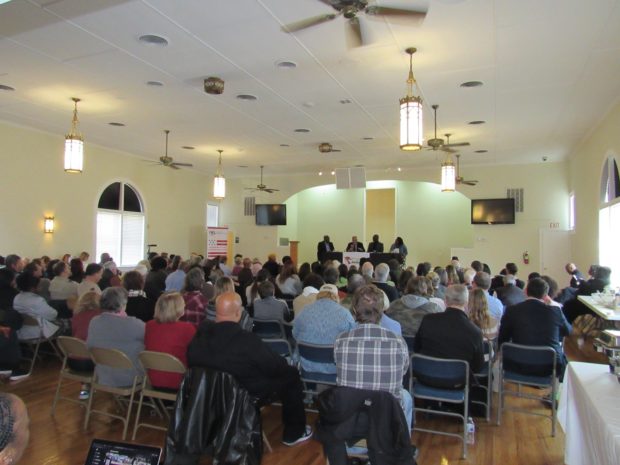
Rising Seas & Extreme Flooding Threaten North Charleston & Charleston
From hurricanes, high-tides, and historic floods, chronic water related threats have diversified and it no longer takes extreme weather to inundate the city. Charleston’s sustainability department is planning for a two-to-three-feet rise in sea level over the next 50 years. According to the National Oceanic and Atmospheric Administration, Charleston already saw roughly five high-tide flood days between May 2018 and April 2019 (though that doesn’t capture every instance of flooding). Over that same period, the harbor’s tidal gauges exceeded flood stage on 44 days.
Such “nuisance” or “sunny day” flooding is becoming more common as climate change accelerates sea level rise and extreme rain events. Nationally, coastal cities can expect a median of 7 to 15 days of high-tide flooding each year by 2030, and 25 to 75 days by 2050, according to the NOAA report.
The good news is that Charleston has community and local leaders that are not only well aware of the problem but they have cooperatively planned for the impacts of sea level rise, building green infrastructure and improving the drainage system (some of which dates back to the 1800s), to keep up with recent population growth. Just in the last decade, its population grew by 30 percent, according to the city’s own estimates.
“Forever Chemicals” Threaten Public Health & Wildlife
PFAS, which stands for per- and polyfluoralkyl substances, pose serious threats to public health and wildlife around the country. PFAS are hard to avoid—they are used in everything from clothing to carpets and baby products to bed linens. Linked to cancers, cardiovascular, kidney and liver problems in adults and cognitive development issues in children, PFAS in wildlife can lead to developmental and reproductive problems. According to a National Wildlife Federation study, “elevated levels of PFASs have been found in insect-eating birds such as tree swallows and fish-eating birds such as great blue herons, as well as bald eagles, fish, and deer.”
South Carolina is one of the many states with an urgent need to address the presence of these toxic chemicals in drinking water and waterways. In their analysis of water quality in urban areas, the Environmental Working Group ranked Charleston as one of the U.S. cities with the highest amount of toxic PFAS chemicals in its drinking water.
When communities are healthy, wildlife thrive too
The National Wildlife Federation and its affiliates are investing in locally-driven conversations on climate and environmental justice. Through sponsorship and participation in grassroots-driven events (such as the historic Environmental Justice Presidential Forum and a climate change panel at Iowa’s Black and Brown Forum) and programs like Sacred Grounds and Urban Initiatives, the long-standing conservation organization strives to amplify the interdependent needs of wildlife and people in a rapidly changing world.
Inspired to take action for people and wildlife?
Tell your members of Congress to support natural infrastructure–like reforestation and wetlands–that can mitigate flooding and sea-level rise for coastal communities and habitats.
Take Action!












